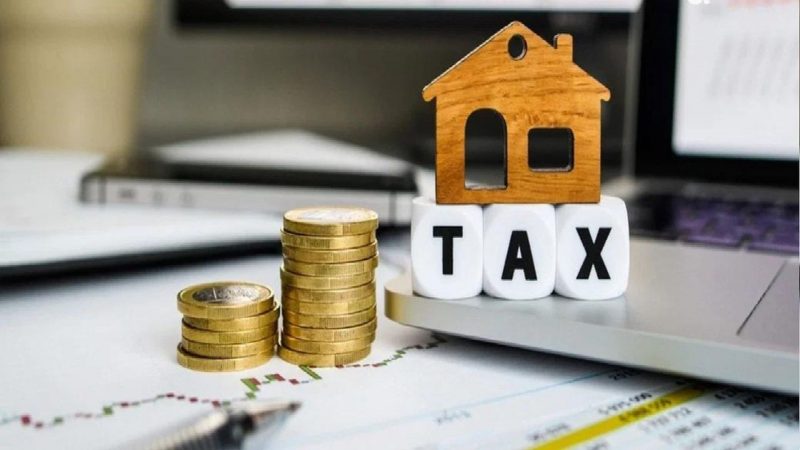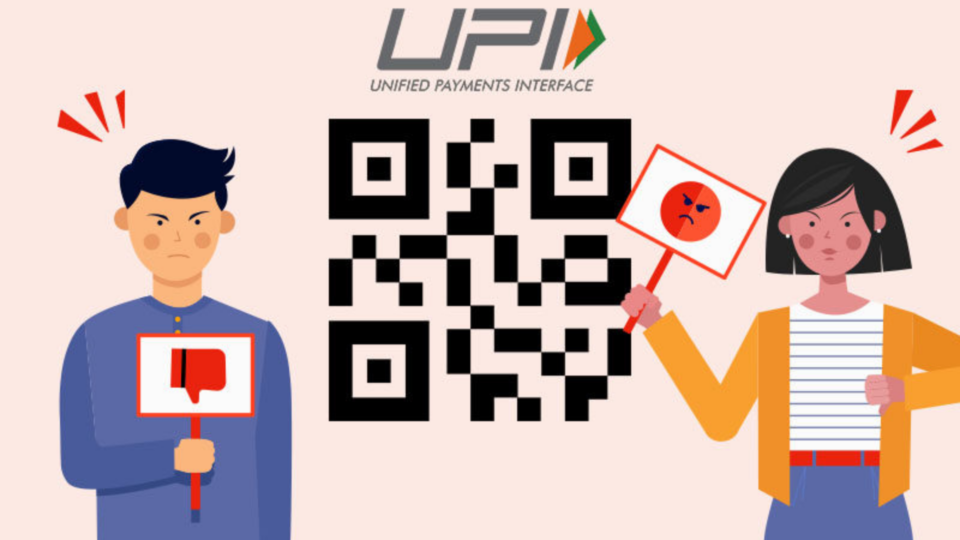House Rent Allowance, often known as HRA, is a routine part of many employees’ pay structures. It’s the money your employer gives you as part of your salary. If you’re a taxpayer, you can get tax benefits for the rent you pay each year under Section 10 (13A) of the Income Tax Act.

Who is Eligible to Have HRA Exemption Benefits?
To become eligible to receive HRA benefits, a person should:
- Be a salaried employee,
- Have the HRA element in the salary structure
- And live in a rented property.
What You Can Do If HRA is Not Provided by the Employer?
You can still get a deduction under Section 80GG of the Income Tax Act, but you need to meet these conditions:
- You should be a salaried person or self-employed.
- You shouldn’t have received a House Rent Allowance (HRA) during the year you’re claiming.
- Neither you nor your spouse should own a house in the place where you currently live.
What is the Exemption Limit on HRA?
Many salaried people wonder: How much HRA can I exempt? Well, it’s the smallest of these:
The actual HRA you get,
- Annual rent paid minus 10% of your salary,
- 50% of your basic salary (if you’re in a big city),
- 40% of your basic salary (if you’re in a smaller city).
Why Landlord’s HRA is Mandatory to Avail Exemption Benefits?
The government caught wind of people trying to dodge taxes by submitting fake rent receipts for HRA exemptions. Some even exaggerated the rent amount on those receipts.
To put a stop to this, if your HRA exemption claim goes over Rs 1,00,000 a year, you now need to provide your landlord’s PAN card details. This helps the government check if you’re paying the rent you claim.
The government found out that some landlords renting out their places weren’t paying taxes on their rental income. Now, to get them on track, tenants have to include their landlord’s PAN details in their tax returns for income verification.
If your landlord doesn’t have a PAN, make sure they give you a declaration before you rent. Doing this ahead of time saves you from the hassle of chasing them for PAN details when it’s tax filing season.




